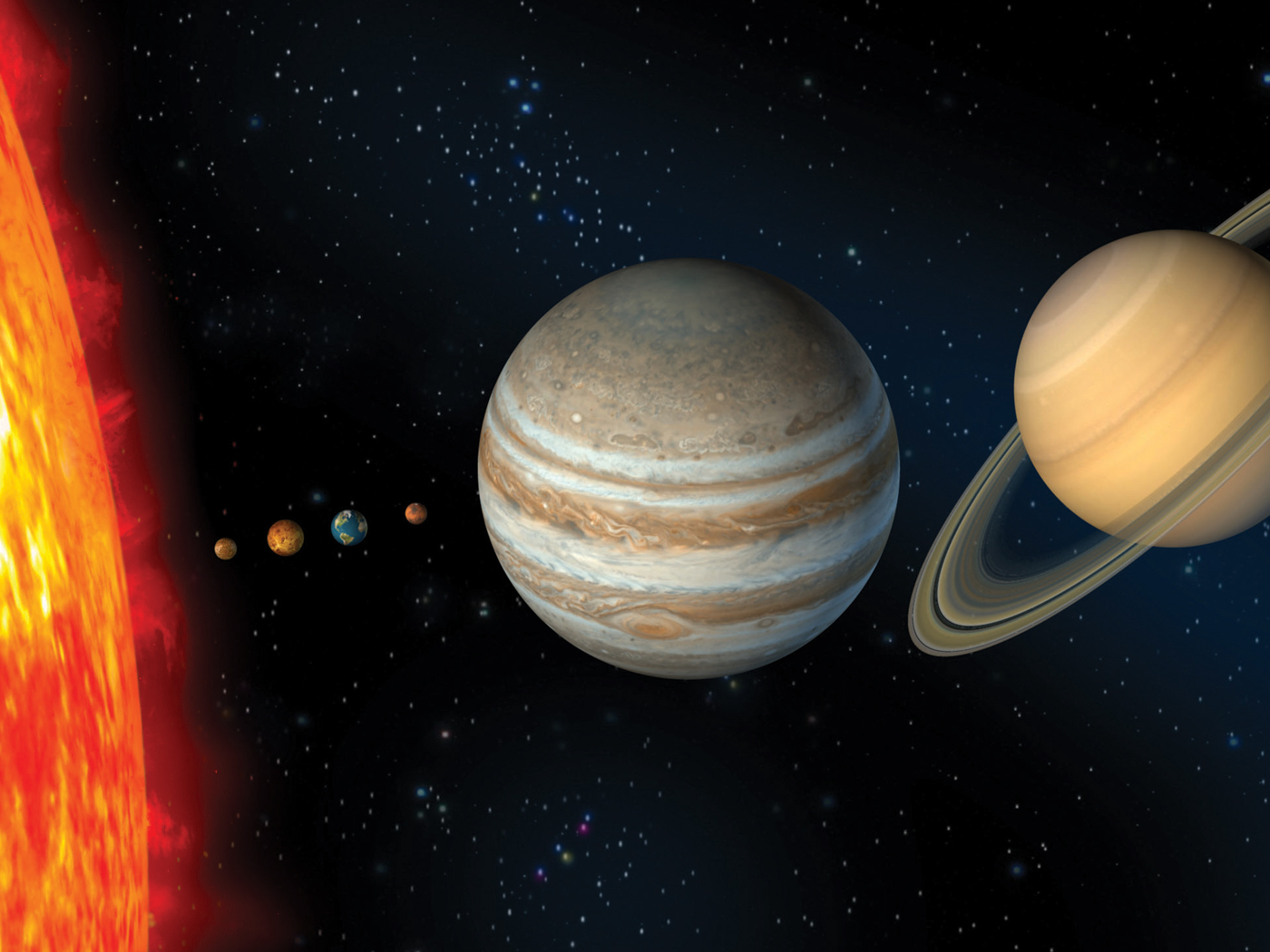“And saying, Sirs, why do ye these things? We also are men of like passions with you, and preach unto you that ye should turn from these vanities unto the living God, which made heaven, and earth, and the sea, and all things that are therein” (Acts 14:15).
When Paul and Barnabas set out from Antioch on their first missionary journey, their first recorded preaching points were at Salamis and Paphos on the Isle of Cyprus, then Perga, Antioch of Pisidia, and Iconium, in what is now Turkey. At all of these, so far as the record goes, they began their witnessing in the local synagogues (Acts 13:5,14; 14:1) where the people already knew and believed the Old Testament Scriptures, including the Genesis record of creation. They could begin with this premise and proceed to show from Old Testament prophecy that Jesus was the Messiah, climaxing it with the evidence of His resurrection.
But when they came to nearby Lystra, their first audience was a street crowd of pagan worshipers of Roman gods. These had no knowledge of the Bible and only the vaguest knowledge, if any, of the long-forgotten true God of creation. Paul, therefore, centered his message, first of all, around the latter, as indicated in our text. He later followed a similar procedure with the Athenian philosophers (Acts 17:22–31).
His pragmatic approach to soul-winning was the following: “I made myself servant unto all, that I might gain the more. . . . To them that are without [the] law, as without law. . . . I am made all things to all men, that I might by all means save some” (I Corinthians 9:19,21,22).
Christians today would do well to follow his example, stressing the message of creation to modern-day pagans, whether to those brought up in modern ethnic religions, or to the Biblically illiterate pagans of our pseudo-intellectual American culture. HMM









